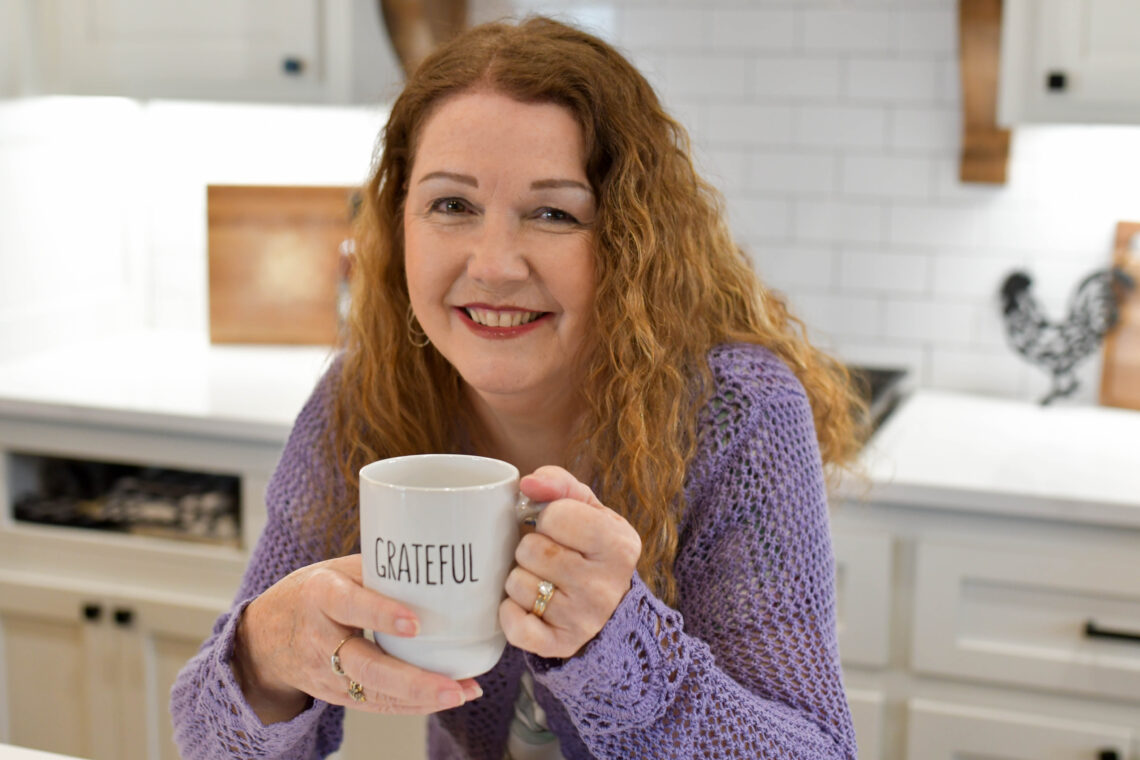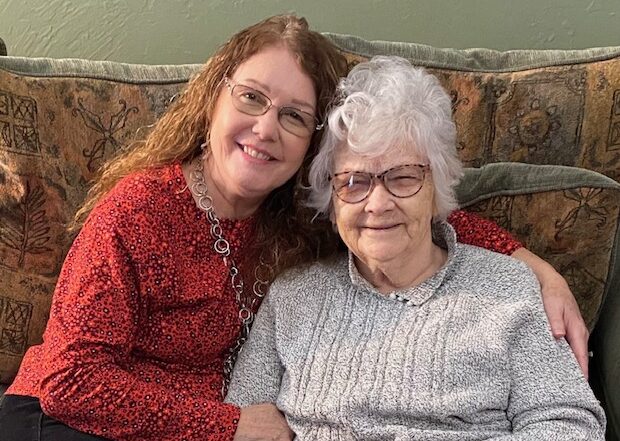-
3 Acceptable “I cant’s”
I was raised to never say "I can't". While that's great in normal everyday life, I've found it's not the best in the world of caregiving. My dad loved us. I know he did because he worked two jobs, and sometimes three, so mom could stay home and care for his four little angels. Okay, that's a stretch. No one referred to us as "little Angels", not even our grandparents! I grew up in the no-participation trophy era. We worked hard, played hard, and got what we earned, which was sometimes swats, but I digress. Dad taught us we could do anything we set our minds to. Henry Ford stated…
-
10 Ways to Reduce Stress
1) Take breaks: It's crucial for caregivers to schedule regular breaks to rest and recharge. Even short breaks can help alleviate stress and prevent burnout. 2) Seek support: Don't hesitate to reach out to family members, friends, or support groups who can provide emotional support and share in the caregiving responsibilities. 3) Prioritize self-care: Make self-care a priority by engaging in activities you enjoy. This could include hobbies, exercise, meditation, or simply taking time for yourself. For me, it's gardening. That is a happy, peaceful place where I can relax. 4) Accept help: Allow others to lend a hand. Accept help with caregiving tasks, such as meal preparation, errands, or…
-
Showering when Dementia is present
Dementia is a progressive condition that affects a person's memory, thinking, and ability to carry out everyday tasks. One of the challenges that people with dementia face is maintaining their personal hygiene. Taking a shower can be particularly challenging, as it involves multiple steps and can be overwhelming for someone with dementia. However, there are several tips that can make showering easier and more comfortable for someone with dementia and their caregiver. Establish a routine Establishing a routine can help someone with dementia feel more in control of their daily activities. Try to schedule showering at the same time every other day, and stick to a consistent routine. This can…
-
Can we do anything about Wandering?
For caregivers of individuals with dementia or cognitive impairments, wandering can be a significant concern. Wandering is defined as moving around without a specific destination or purpose, and it can put individuals at risk of injury or getting lost. However, there are several strategies that caregivers can use to prevent wandering and ensure the safety of their loved ones. First and foremost, it is essential to create a safe and secure living environment. This may involve installing locks on doors and windows or utilizing a security system. Removing any potential hazards, such as sharp objects or tripping hazards, from the home is also essential. Additionally, caregivers should consider utilizing…
-
Anxiety Calming Strategies
We all have a certain amount of anxiety. Learning how to handle it is what’s crucial. Caregivers have a higher-than-normal amount of stress due to their circumstances, so it’s doubly important for them to learn coping techniques. You’ll find other stress-relieving articles here and here. According to the Anxiety and Depression Association of America, over 18% of Americans struggle with some form of anxiety at any given time. Coping with anxiety can be complicated, especially since no single treatment works for everyone. So, let’s talk about five completely natural ways that you can calm your anxiety today. 1. Meditation & Deep Breathing Anxiety attacks and persistent anxiety typically come…
-
My Backstory
My earliest memory is being on the phone with my mother as she told me I had a new baby sister. I was so excited! Mom said she would bring the baby home to meet me in time for my 2nd birthday in 3 days. I would grab a diaper, wipes, or burp cloth with extreme speed and accuracy. Mom could count on me to care for this tiny, often crying, sweet baby sister, who was so helpless. I was a secondary caregiver at 2 years old! A short 15 months later, it happened again! My mom was a baby-making machine! She had 4 kids in 5 years!! This time…
-
Pete and repeat….
When you have a loved one with dementia, you may experience what I call "the repeats." It reminds me of an old joke I heard as a kid that was super annoying. It went like this: Pete and repeat went up a hill. Pete fell off, and who was left? When the victim says "repeat," you repeat the lines again. "Pete and repeat went up a hill..." Annoying, isn't it? As kids, we chose to be annoying by telling that joke to people. Our loved one didn't choose any form of dementia. Nor would we wish it on them! On a good day, they will ask the same question with…
-
Crowds when dementia is present, require planning.
Successfully navigating large gatherings with a loved one who has dementia, can be difficult. We can take steps to make the visit less stressful and thereby happier for all involved. I'm not gonna sugarcoat it or pretend I have it all under control. For one thing, many of you have been with me long enough to know that just isn't true. I try, (really hard,) but sometimes I still blow it. Maybe you can relate? Mom has vascular dementia, so our large family gatherings are challenging. I refuse to leave her out of them. I want her to be with family as much as possible, even when she no longer…
-
Who has time to Relax?
What goes through your mind when someone says "you just need to relax"? My guess is you are not instantly deep breathing and calming down, correct? If anything, you are more worked up now than before they offered their "helpful" opinion. (I need a designated sarcasm font! lol) The truth is, they are correct. We do need to learn to unwind. Please stick with me; I'm not finished. While their sentiment may be right, it is not helpful. We know stress is bad for our minds and bodies when it's prolonged, and caregiving definitely comes with a lot of stress. But what can we realistically do? We can't run away,…
-
Lessons from my Ivy Plant
I've found there are lessons in nature all around us, but we often miss them. Why? Because we are in a hurry, not really paying attention, or pausing long enough to really take in what we are viewing. I was watering my indoor plants on Saturday like I always do. (I discovered long ago that they grow much better if I water them consistently.) As I watered my giant ivy (Golden Pothos is its technical name,) I took time to really observe it. I've cared for it for nearly 20 years now yet I still learned a valuable lesson from it on this bright morning. When the ivy is growing normally,…








